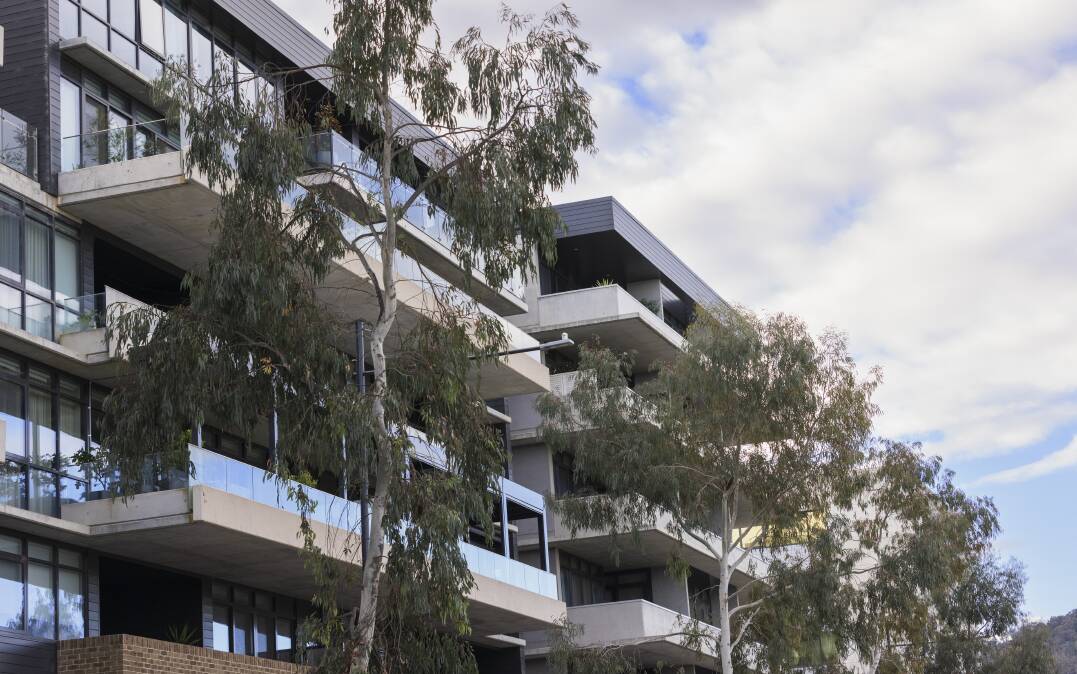Developers who plan sustainable buildings should be allowed to increase the density of their projects, the Property Council has proposed.
Height bonuses should also be granted to commercial property developers who also plan buildings above minimum environmental standards.
The proposals have been outlined in a report by the Property Council and Green Building Council of Australia, which has outlined recommendations for state and territory governments to move towards zero-carbon-ready buildings.
The report has called on governments to collaborate and develop a national plan to allow for more sustainable, all-electric buildings.
The councils said governments should commit all new buildings to be fully electric in the National Construction Code 2025 and all state and territory governments should legislate against new gas connections.
"Every new building equipped with gas is one more building to retrofit at a significant cost in the future," the report said.
The report pointed to the ACT where gas connections have been banned in new greenfield developments.
Financial incentives should be considered for those who pursue sustainable buildings, the report said. It recommends "green mortgages" and home improvement loans with lower interest rates.
Reductions in stamp duty and rates and land tax concessions should also be considered by governments.
Density bonuses for developers have also been recommended and "green door policies", such as expedited development applications for more sustainable buildings.

Property Council ACT executive director Shane Martin said these policies would help address some of the main barriers for builders and developers.
"Planning incentives like density bonuses and green door policies would increase the sustainability of new buildings by addressing a primary concern for builders: the expenses, time commitment and unpredictability associated with planning systems," he said.
"Increasing the density of residential projects in exchange for more sustainable and higher-performing buildings just makes sense, providing more homes that are comfortable and energy efficient to live in."
Mr Martin said buildings accounted for 23 per cent of all emissions and used half of the nation's electricity. He said appropriate planning incentives could hasten the transition to all-electric, zero-carbon-ready buildings.
"Policies and planning incentives that encourage achievement of sustainability benchmarks also open up other opportunities for the market to move at greater pace and scale," he said.
Green Building Council of Australia chief executive Davina Rooney said government incentives had the potential to accelerate the adoption of energy-efficient buildings. She pointed to the ACT as an example.
"We see great examples of what is possible with sustainable, all-electric homes, buildings and communities in the ACT," she said.
"When state and territory governments introduce policies and incentives to reduce cost barriers for sustainable buildings, we will see this happen at scale."







